Robert Smith Jr. said his mother was protective of him when he was growing up. People would tell him that they thought he was going to be a preacher, and she didn’t want them telling him that.
“She said, ‘If Little Robert is to preach, the Lord will call him,’” Smith said.
And the Lord did. At age 17, after years of serving as a junior deacon and reading the Scriptures in worship, he felt the call to preach.
“I had no idea how it would feed into a nearly 58-year ministry,” he said.
Seeing ‘what God can do with so little’
At the end of April, Smith celebrated his retirement from his position as professor of Christian preaching and Charles T. Carter Baptist Chair of Divinity at Beeson Divinity School.
For the past 27 years, he taught there, mentored pastors and spoke at churches and Alabama Baptist meetings as well as at events all over the nation.
Smith said for him, preaching is a chance to “see what God can do with so little, how He can take the two small fish that I have and the five biscuits — which represent my sermon, my preparation, my content, my research — and how He’s able to take it and give more than I start with.”
Smith said it has nothing to do with him — it has everything to do with God.
‘Living definition of a biblical preacher’
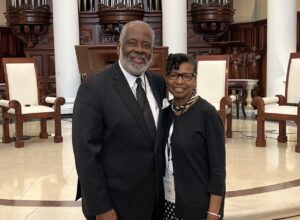
And for years, people have traveled miles and filled rooms to hear him preach.
Rick Lance, executive director of the Alabama Baptist State Board of Missions, said Smith is “the living definition of a biblical preacher.”
“Every time I hear him deliver God’s Word, I have admired how the Lord has gifted him. He is one of a kind,” Lance said. “I would classify Dr. Robert Smith as a Baptist treasure. Alabama Baptists love and appreciate him immensely.”
He said Smith has had an “inestimable impact” on many students over the years and “therefore he has multiplied his influence across the country and beyond.”
‘Systematically personal’ teaching style

Daven Watkins, pastor of First Baptist Church Pelham, is one of those students. Smith was Watkins’ preaching professor at Beeson, and in the 25 years since, Watkins has seen Smith grow from professor to mentor to father in the ministry.
“I’ve always been told that we live life as debtors,” Watkins said. “We are indebted to those have gone before us, and we’re indebted to those who have poured into us. I am truly indebted to Dr. Robert Smith Jr.”
He said because God crossed his path with Smith’s, he is “a better preacher and person and husband and father and friend.”
Not only is Smith a “tremendous preacher,” he is also a “gifted teacher of preaching,” Watkins said.
“His classes were systematically personal,” he said. “They were systematical in the sense that he had a process of going from text to sermon. And his approach was personal in that he is able to see with uncanny accuracy the individual gifting of each student and pull the most out of each individual.”
Preparing pastors for ministry
Smith said he never wanted to make clones of himself, but he did value the “privilege of pouring into their lives” and preparing them to go all over the state, nation and world.
Reginald Calvert, pastor of New Jerusalem Missionary Baptist Church in Bessemer, said his life is different because of Smith’s impact.
In 2004, while Calvert was a student at Beeson, he felt God prompting him to go to Smith’s office and tell him that if Smith had a need of any kind, he would love to meet it. Not too long after that, Smith asked Calvert if he could drive him to a speaking engagement in south Alabama.
Calvert said yes, and for the next six or so years, the car became a classroom where a young pastor grew.
“There was always a teaching moment, a learning experience,” Calvert said. “I watched Dr. Smith preach in various settings — ethnic settings, white, black, blended or mixed congregations. I learned through him modeling how to try to craft a sermon to reach people where they are.”
‘Absolute commitment’ to preparing and sharing
On some of the drives, Smith would preach his entire sermon. On others, he would have Calvert preach his own sermon, and Smith would give him feedback. Calvert said Smith taught him how to preach an expository sermon and to balance using more of his left-brain logic in sermons, as the right-brain approach of pictures and imagination was more comfortable for him.
“I wish I had taken more advantage of the things I didn’t take note of, the things he said that I didn’t write down, conversations that I didn’t log on paper,” Calvert said.
But the conversations impacted him and shaped him as a preacher.
“His preaching is Christological; Christ is our redeemer, and there is a redemptive hermeneutic in all of his messages. He believes every sermon should point to Jesus Christ,” Calvert said. “The impact he has made is one of absolute commitment to preparation and presentation of that core message.”
He, like Watkins, said Smith is “a mentor and a father in ministry.”

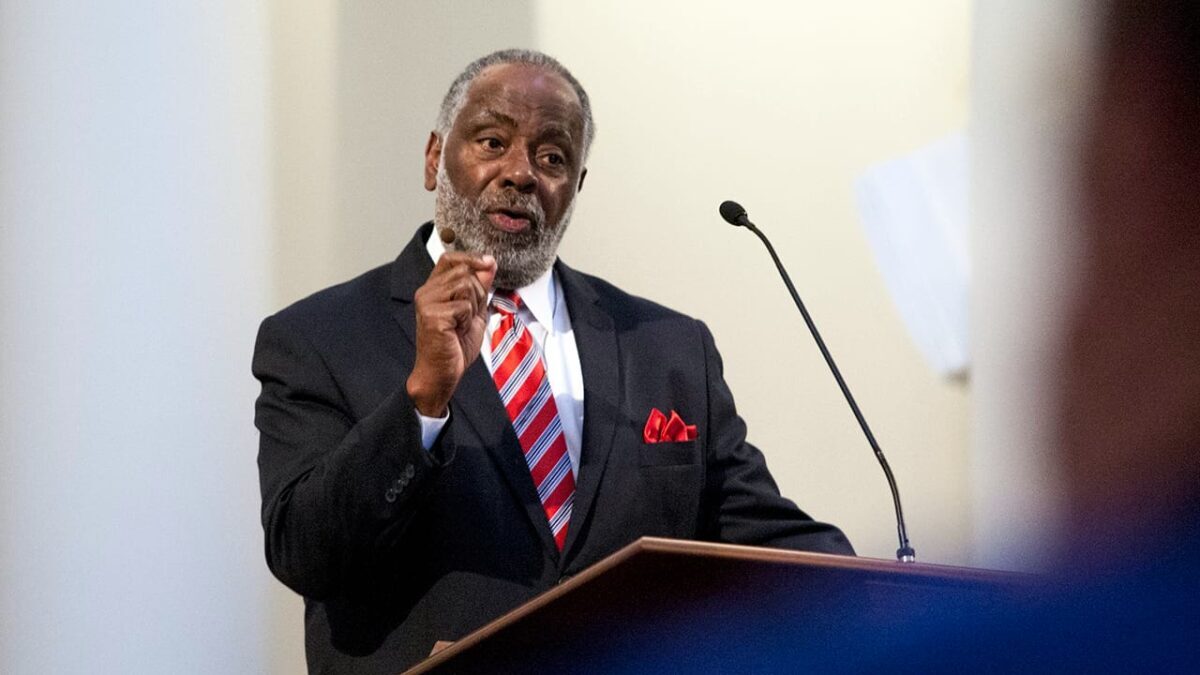
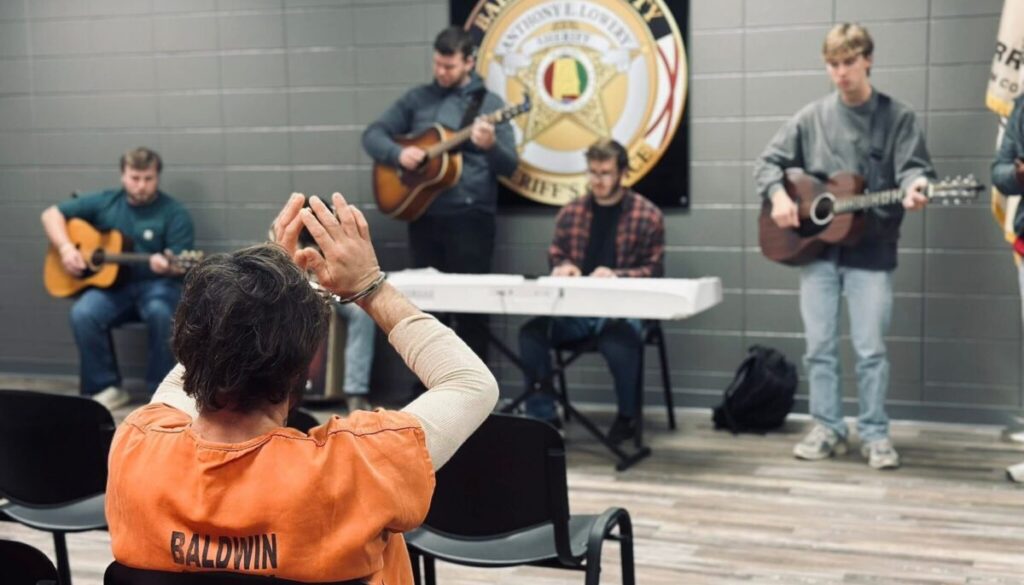
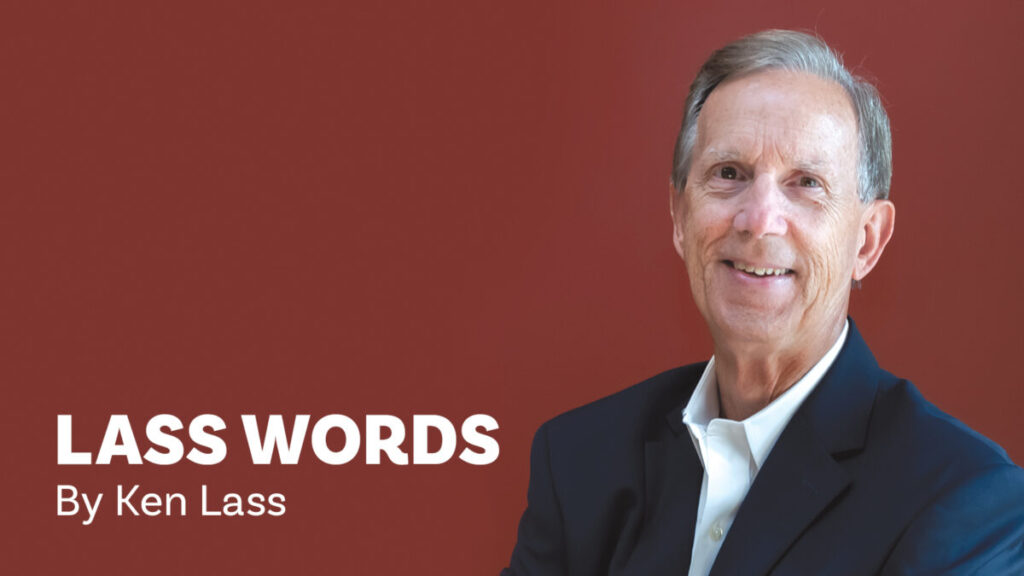
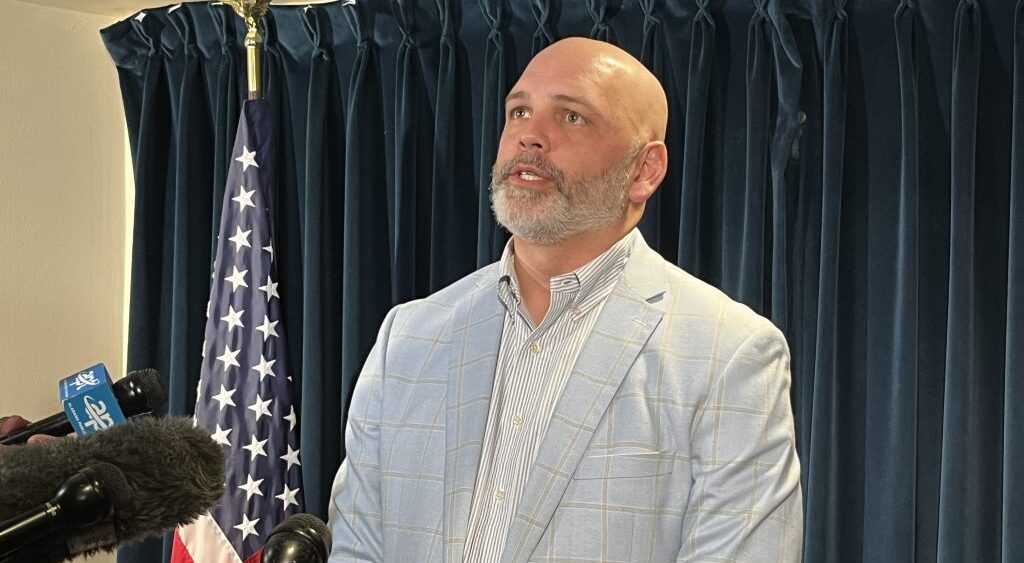

Share with others: